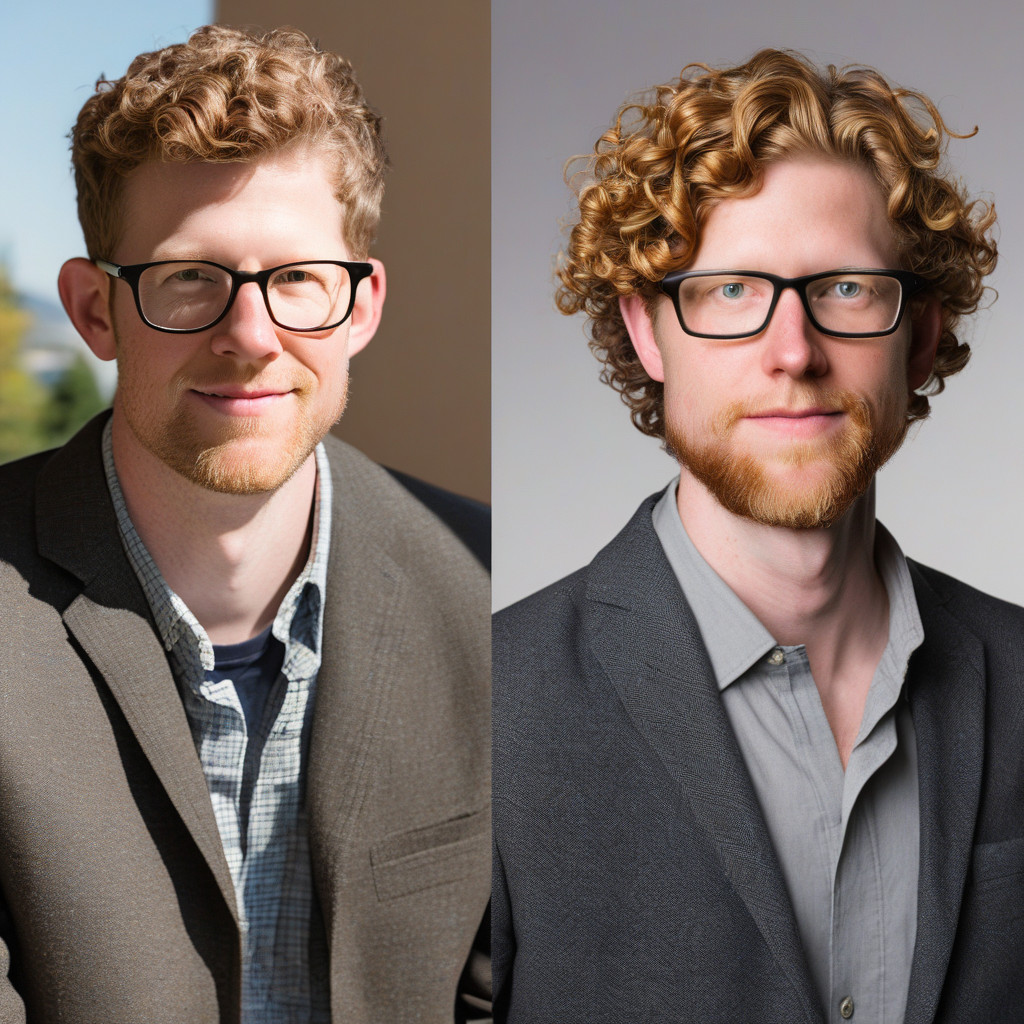In a surprising move, Automattic CEO Matt Mullenweg has drastically slashed his team’s weekly working hours on WordPress from 4,000 to a mere 45. This decision was driven by the ongoing legal dispute with WP Engine, aiming to compel them to drop the contentious lawsuit against Automattic. Mullenweg’s strategy is clear—he believes that by limiting the free updates WP Engine relies on for its business, the pressure will force them to reconsider their legal actions.
Despite concerns about potential impacts on WordPress users, Mullenweg remains confident that the quality of the software will not be compromised. He emphasizes that while new features may experience delays depending on community contributions, essential security updates will continue unabated. This ensures that the platform’s stability and integrity are maintained, reassuring users that their websites will remain secure.
The reduction in development hours is a bold move by Automattic, reflecting a shift in focus towards addressing legal challenges and realigning contributions within the company. By redirecting efforts to profitable projects like WordPress.com, Pressable, and WooCommerce, Automattic aims to uphold its commitment to the WordPress community while defending itself against legal threats. This strategic pivot underscores the company’s determination to navigate turbulent waters and safeguard its interests.
Mullenweg’s stance on the lawsuit has evolved over time, with a shift from seeking financial compensation to emphasizing trademark compliance by WP Engine. His decision to forgo monetary demands signals a desire to resolve the dispute amicably, provided WP Engine adheres to trademark regulations. This change in approach reflects Mullenweg’s adaptability and willingness to engage in constructive dialogue to reach a resolution.
The repercussions of these developments within the WordPress ecosystem have elicited a range of reactions from analysts and users alike. While some express concerns about potential instability and a loss of trust in Mullenweg’s tactics, others remain optimistic about the community’s ability to adapt and fill the void left by reduced contributions. The diverse perspectives underscore the complexity of the situation and the varying expectations within the WordPress community.
As the situation continues to unfold, the future of WordPress development hangs in the balance. Mullenweg’s decision to curtail development hours raises questions about the platform’s evolution and innovation potential. However, with a dedicated community and a resilient foundation, WordPress is poised to weather these challenges and emerge stronger. The coming months will undoubtedly be critical in shaping the trajectory of WordPress development and its relationship with key stakeholders in the ecosystem.

